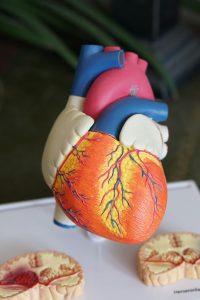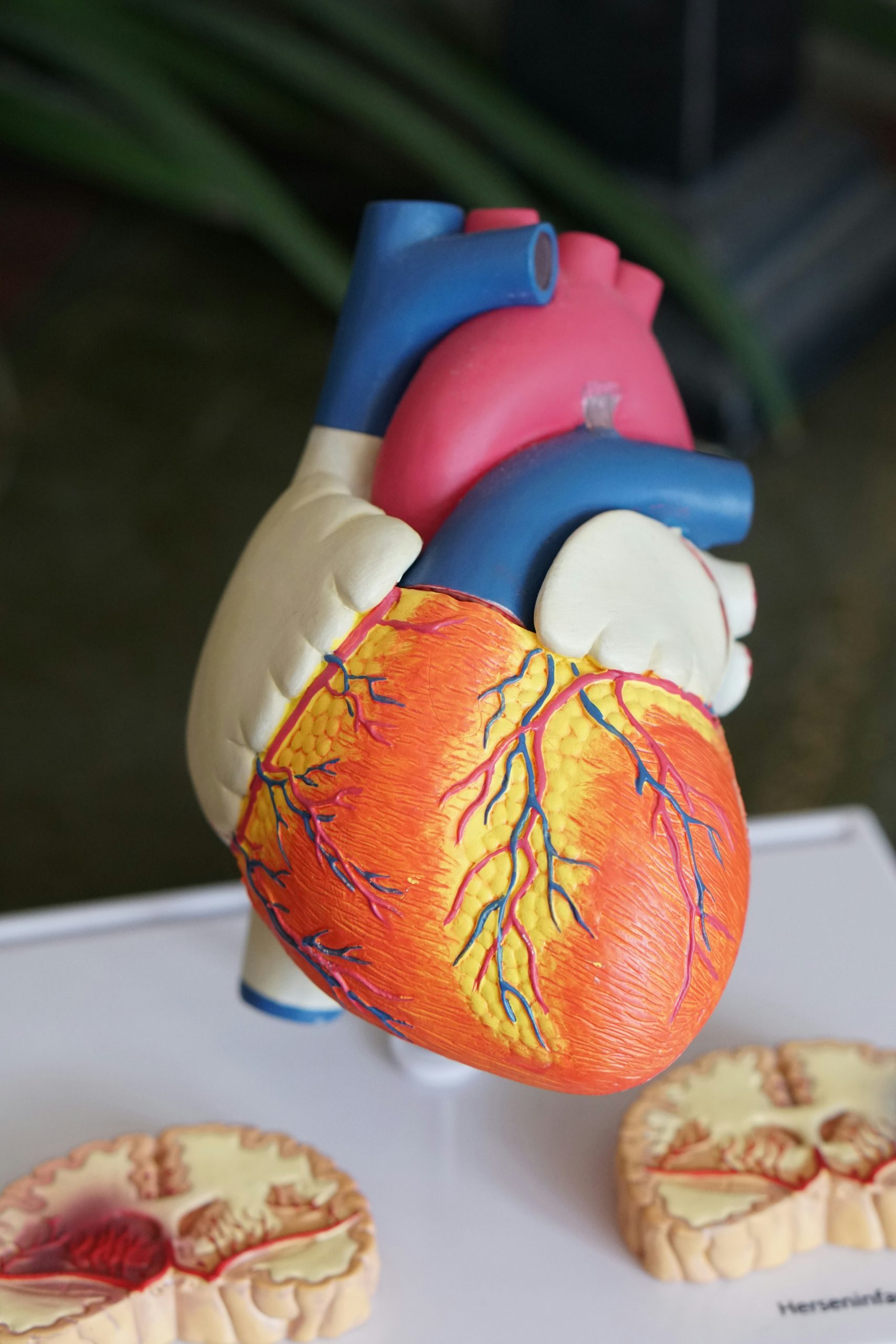Coronary Angioplasty: A Key Procedure for Heart Health
What is Coronary Angioplasty?
Coronary angioplasty, also known as percutaneous coronary intervention (PCI), is a minimally invasive procedure to restore blood flow in blocked or narrowed coronary arteries. This is often required for individuals with coronary artery disease, where fatty deposits (plaque) restrict blood flow to the heart, leading to symptoms like chest pain (angina) or the risk of a heart attack
How Coronary Angioplasty Works
During the procedure, a cardiologist inserts a catheter with a small balloon on its tip into an artery, typically in the wrist or groin, and guides it to the blockage in the coronary artery. Once in place, the balloon inflates, pressing the plaque against the artery walls, allowing blood to flow more freely. In most cases, a small metal mesh tube called a stent is placed in the artery to keep it open after the balloon is deflated and removed. Some stents are coated with medication to further reduce the risk of re-narrowing over time
Who Needs Coronary Angioplasty?
Coronary angioplasty is typically recommended for individuals experiencing frequent chest pain or those with a high risk of heart attack due to significant artery blockages. It’s also an emergency treatment during a heart attack, as quickly restoring blood flow to the heart muscle is critical to prevent extensive damage
Benefits of Coronary Angioplasty
The procedure provides relief from angina, improves heart function, and can reduce the need for more invasive surgeries like coronary artery bypass grafting (CABG). Recovery times are generally short, with many people returning to normal activities within a few days. However, lifestyle changes such as a heart-healthy diet, regular exercise, and quitting smoking are essential to maintain long-term results.
Key Takeaway
Coronary angioplasty is an effective and life-saving option for improving blood flow, reducing heart attack risk, and enhancing overall heart health. If you have coronary artery disease or a history of heart-related issues, speak with a healthcare provider to determine if coronary angioplasty might be beneficial.

Sign up to First Aid Course : Click Here

